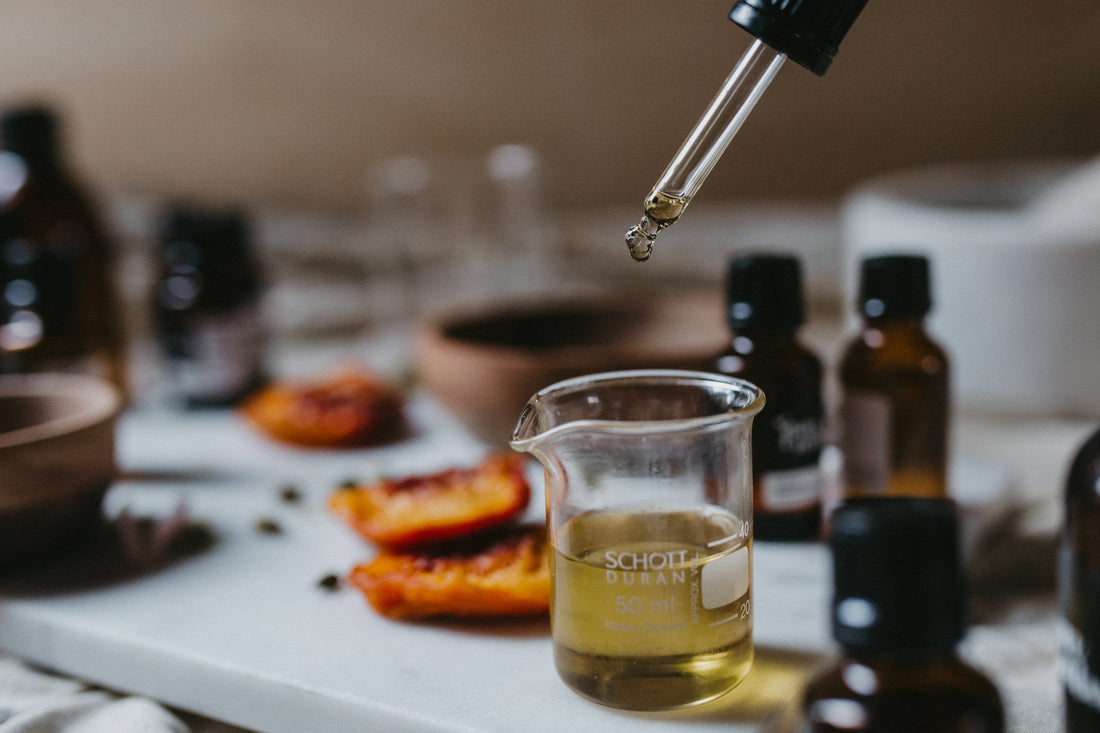
What is Aromatherapy?
Share
History of Aromatherapy

Aromatherapy, a term coined in the 1930s, describes the use of aromatic plant remedies—a practice that dates back to ancient civilizations. In Egypt, aromatics were used extensively in medicine, cosmetics, and perfumery. The Egyptians created complex blends like Kyphi, known for its calming and sleep-inducing properties, and utilised ingredients such as myrrh and frankincense for their healing effects.
The Greeks adopted these practices, recognising the medicinal qualities of
 aromatic plants. Physicians like Theophrastus and Hippocrates integrated these remedies into their treatments. The Romans continued this tradition, using aromatic oils lavishly in daily life. Meanwhile, India and China developed their own rich traditions of herbal medicine, utilising aromatics in their practices.
aromatic plants. Physicians like Theophrastus and Hippocrates integrated these remedies into their treatments. The Romans continued this tradition, using aromatic oils lavishly in daily life. Meanwhile, India and China developed their own rich traditions of herbal medicine, utilising aromatics in their practices.
The distillation of essential oils, perfected in the 10th century by Avicenna of Arabia, marked a significant advancement in aromatherapy. Over the centuries, essential oils were used for their therapeutic properties, from treating wounds to enhancing relaxation. The 20th century saw renewed interest in aromatherapy, largely due to the work of René-Maurice Gattefossé, who discovered the healing benefits of lavender oil after a lab accident. His research, along with that of other pioneers, laid the foundation for modern aromatherapy, emphasising the benefits of using whole essential oils rather than isolated components.
Why We Use Aromatherapy

Aromatherapy aligns with our core values, embracing natural remedies as a path to health and well-being. In an age dominated by synthetic chemicals and genetically modified products, we believe in the power of nature's original recipes. The renewed interest in aromatherapy reflects a growing desire to return to natural solutions, supported by centuries of knowledge and ongoing research. We draw on this rich tradition to create products that harness the therapeutic benefits of essential oils for holistic health.
